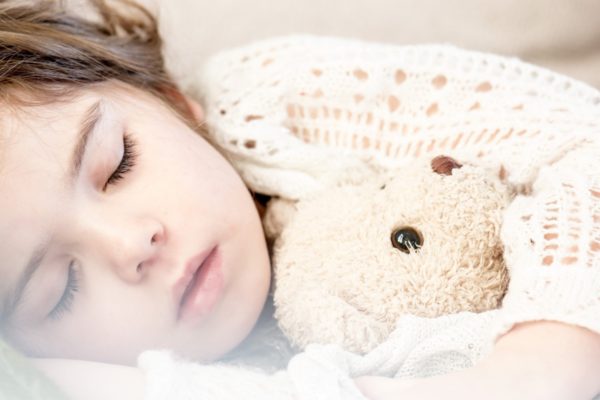

How Much Sleep Should Children Get?
Parents are always concerned about the amount of sleep their children need. The amount of sleep depends on the age of the child. For example, an infant from birth to three months may sleep three to four hours until they are allowed solid food. Then, they begin to sleep up to six hours until they are about a year old.
Toddlers who are super active during their waking hours need at least eight hours of sleep and depending on the level of daytime activities, a nap of at least a half to one hour.
Once children are from six to thirteen years old, they should have nine to eleven hours of sleep. However, colds and flu, changes in seasons, school vacations and returning to school all affect children’s normal sleep habits.
Other Issues Affect Children’s Sleep
In today’s techno world, the use of electronic devices has had an impact on children who do not get enough sleep. Parents need to monitor these devices and set guidelines for when they can be used and when their use distracts from their child’s daily activities.
Sleep Issues Parents Should Consider
Another issue for parents to consider is the comfort of their children’s bed such as their mattress and pillows. Because children are in an advancing phase of physical growth, it is extremely important to choose a mattress that provides spinal, muscle and tissue support. Seek the professional advice of a pediatrician to understand the physical health of your child.
Next, choose a mattress expert with a broad range of experience in the type of mattress that best suits a child’s age and physical needs.
Your Child Is Likely Not Getting Enough Sleep
There are physical signs your child is not getting enough sleep. These include:
. Difficulty waking your child in the morning
. Drowsiness or falling asleep during passive or uninteresting activities
. Difficulty concentrating
. Droopy eyes
. Frequent yawning
. Feeling groggy after a full night’s sleep
How to Know if Your Child’s Mattress is Causing Lack of Sleep
The single most important factor for a healthy, restful sleep is the right mattress for children. There are several signs your child’s mattress is at the root of their sleep problems. These include:
. Stuffy nose
. Itchy throat
. Allergic reaction to dust mites
. Taking longer for the child to fall asleep
. Complaints of early morning aches to neck, back and limbs
Create a Restful Sleep Atmosphere for Children
In addition to providing a healthy, restful, relaxing night’s sleep with a comfortable, supportive mattress, it is also important to create an atmosphere conducive to sleep.
Soft music or reading to young children is one way to lull a child into sleep. For older children, they should refrain from using social media or electronic games.
How Some Noises Startle Children Out of a Sound Sleep
If you live in an area where there is a lot of highway noise or other urban noises, suggest a good book or provide a book on audio and a set of earphones. Most children adapt to the usual white noise before bedtime. It is often sudden, unexpected noises that jolt a child out of sleep.
For example, children’s sleep can be disturbed by loud noises from neighborhood car theft alarms and fire and police sirens. Learn more about these issues so you can discuss them with your children so they can sleep restfully and without stress.
Facebook Linkedin Google+ Email
©2017 ScienceTimes.com All rights reserved. Do not reproduce without permission. The window to the world of science times.